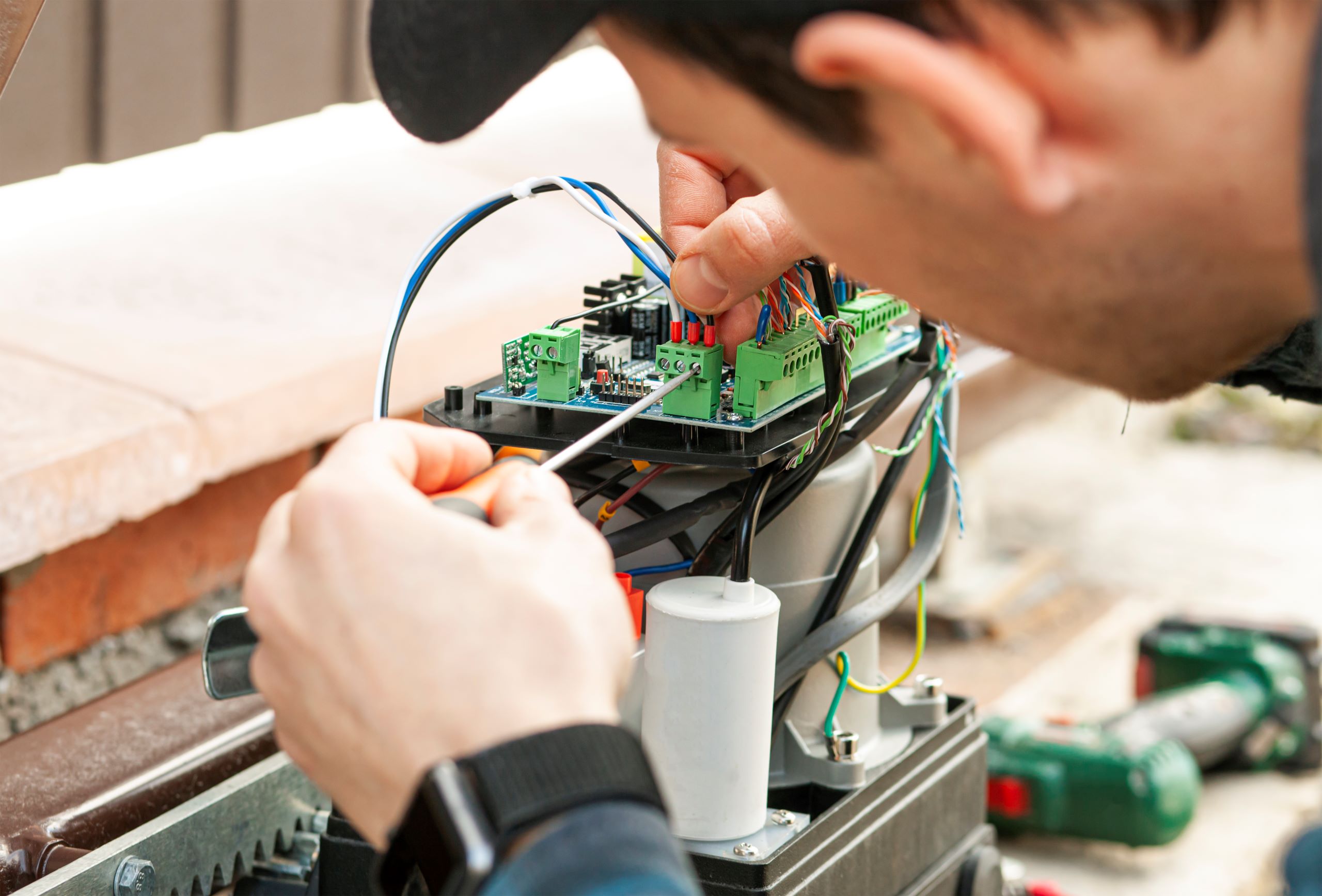
Mechanical Design
Capabilities
The choice of appropriate materials for different components is crucial in mechanical design. Factors such as mechanical properties, weight, cost, manufacturability, and environmental considerations influence material selection decisions.
Packaging design involves designing the enclosure or casing of a product, which provides protection, functionality, and aesthetic appeal. Packaging design considerations include size, shape, material selection, accessibility for maintenance or upgrades, and branding elements.
Ergonomic design focuses on creating products that are comfortable and user-friendly, considering human factors and interaction. It involves optimizing the product’s dimensions, controls, interfaces, and user experience to enhance usability, safety, and efficiency.
Mechanical design may include the design of mechanisms and linkages to enable desired movements or actions within the product. This could involve designing gears, cams, levers, or other mechanical systems that enable specific functionalities.
Our services encompass
Requirements Development

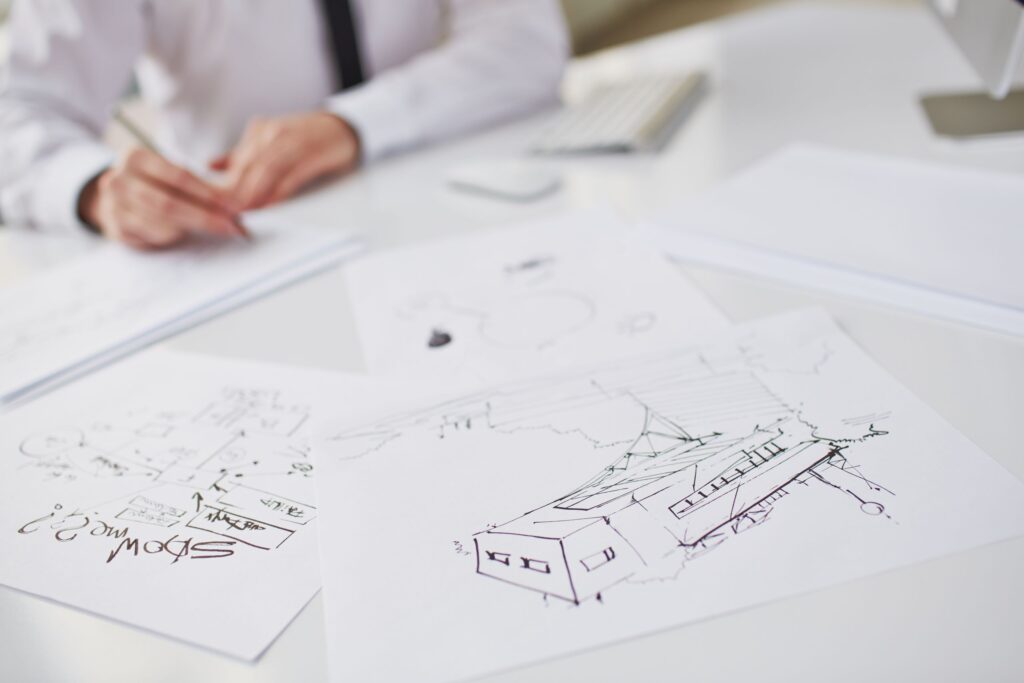
Conceptual Design
3D Modeling and CAD
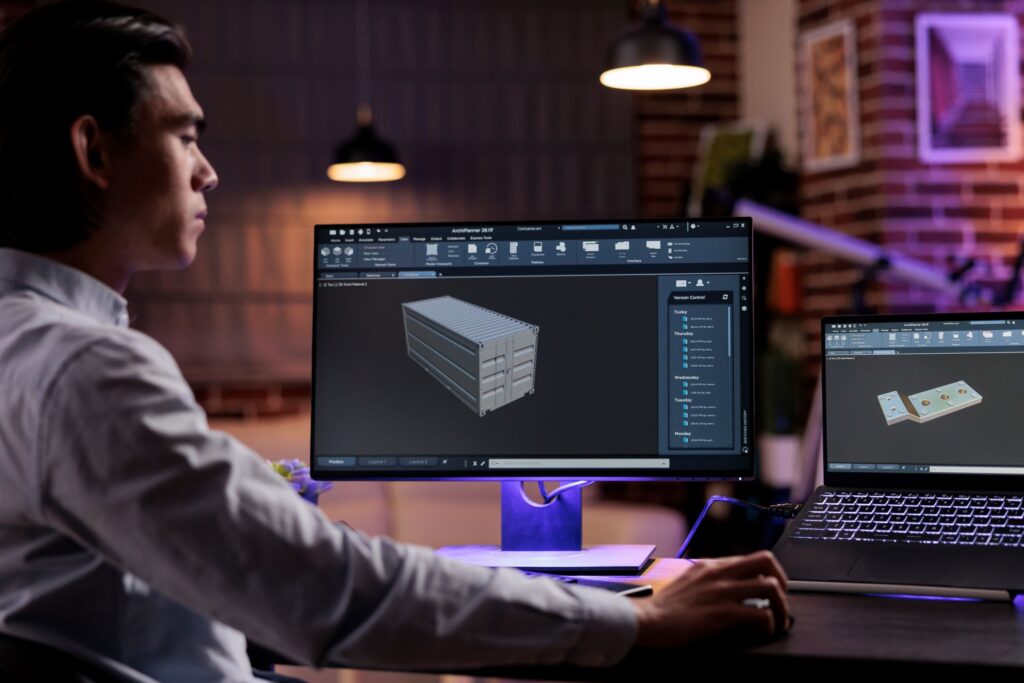
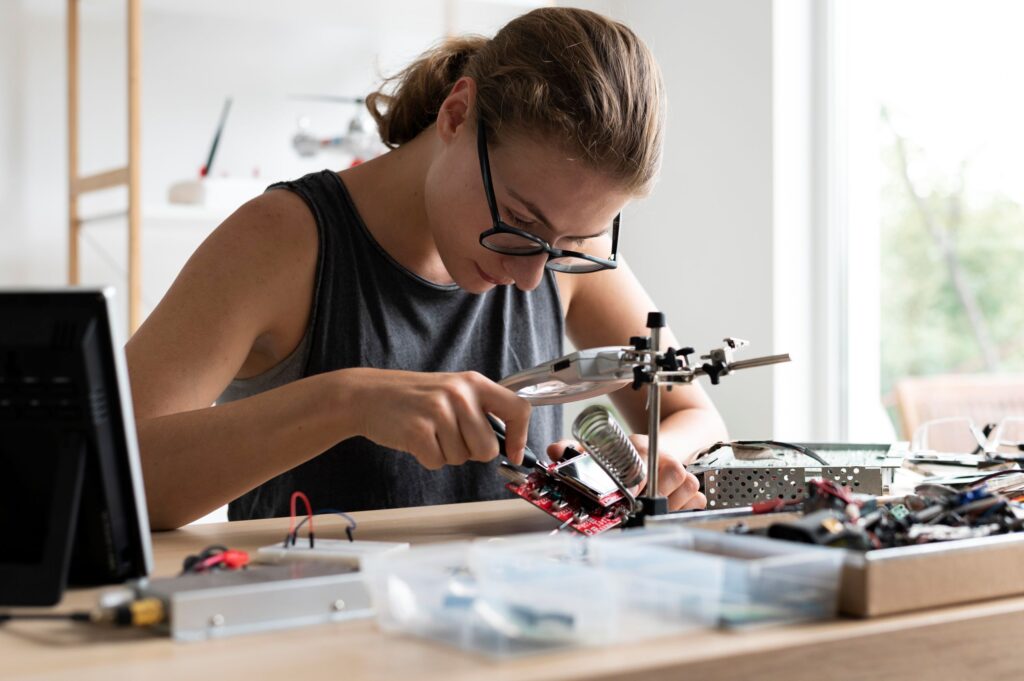
Structural Analysis and Simulation
Performing structural analysis and simulation to ensure the mechanical design’s strength, durability, and performance. This may involve finite element analysis (FEA) to evaluate stress distribution, vibration analysis, thermal analysis, and other simulations to validate the design.
Material Selection
Advising on suitable materials for the product’s mechanical components, considering factors such as strength, weight, cost, manufacturability, and environmental requirements. This includes evaluating different material options and providing recommendations based on the specific application.
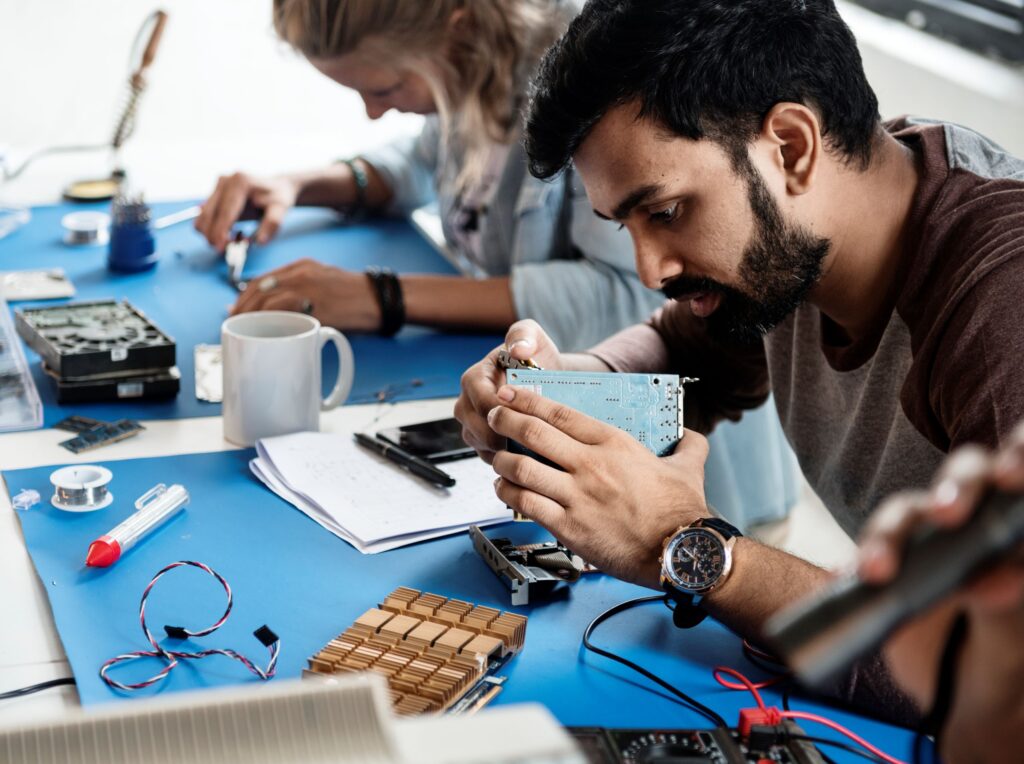
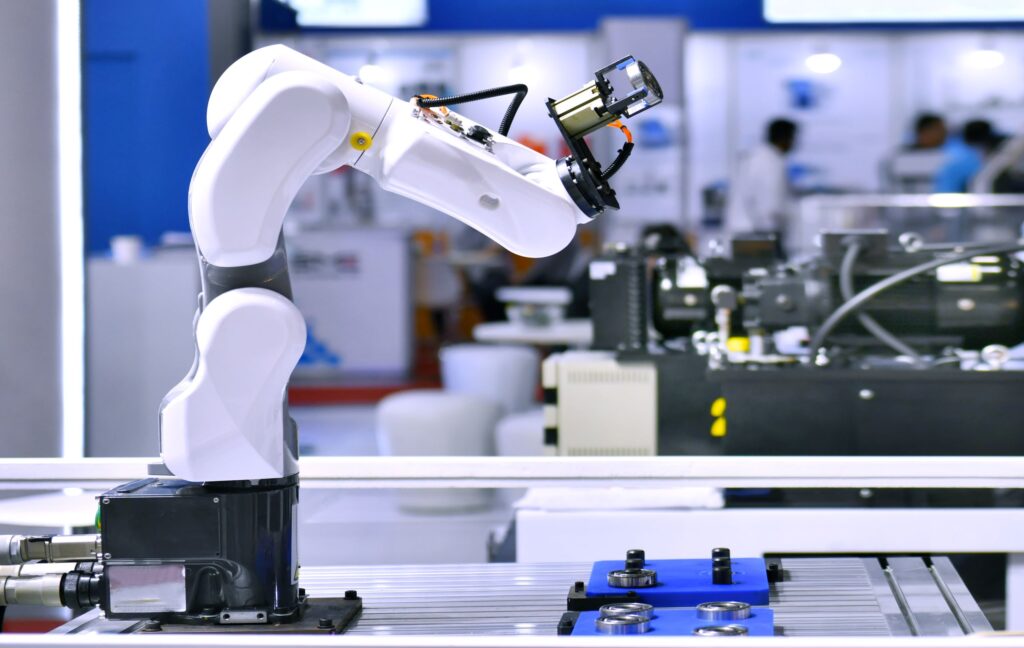
Design for Manufacturing (DFM) and Design for Assembly (DFA)
Optimizing the mechanical design for efficient manufacturing and assembly processes. Ensuring that the design can be easily manufactured, assembled, and tested within the required tolerances and cost constraints.
Prototyping and Testing Support
Collaborating with prototype manufacturing teams to create physical prototypes of the mechanical design. Assisting with prototype development, testing, and refinement based on feedback and performance evaluations.
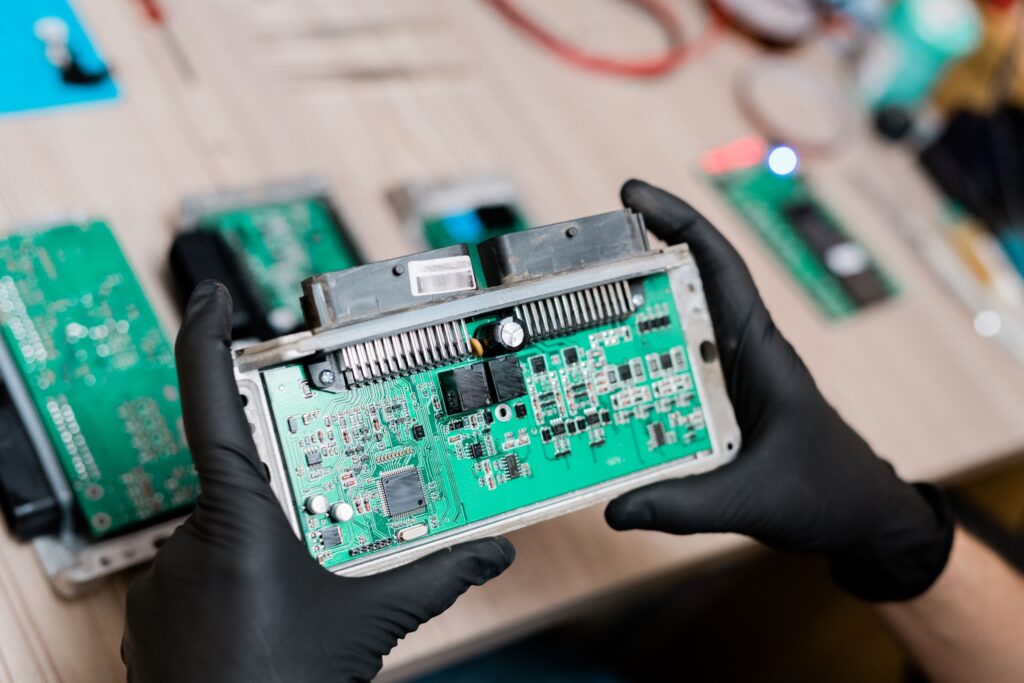

Design Validation and Optimization
Conducting design reviews and validation tests to verify that the mechanical design meets the product requirements. This includes functional testing, stress testing, environmental testing, and other relevant tests to ensure the design’s reliability and performance.
Documentation and Technical Drawings
Creating detailed technical drawings, specifications, and documentation necessary for manufacturing and assembly processes. This includes dimensioned drawings, assembly instructions, and bills of materials (BOM) to guide the production team.


Regulatory Compliance
Ensuring that the mechanical design complies with relevant industry standards and regulations. This may involve considering safety requirements, certifications, and regulatory compliance for specific markets or applications.
